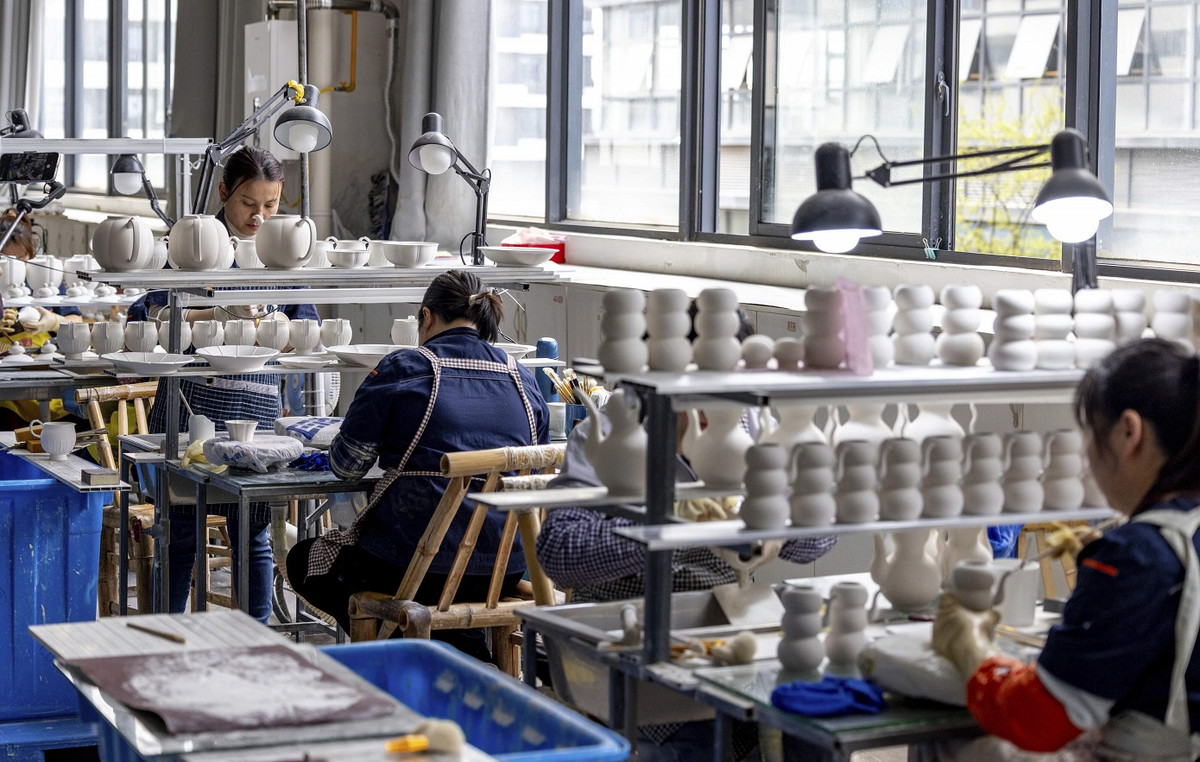On Friday, April 1, a contract was signed for the management by the Hellenic Development Bank of Investments (EATE – former TANEO), of resources of the Recovery and Resilience Fund (RRF), amounting to 500 million euros, which are expected to leverage a total capital of more than 2 d. euros in the Greek economy.
As informed by YPOI, the contract was signed by the Deputy Minister of Finance, Mr. Thodoros Skylakakis, the President and the CEO of EATE, Mr. Haris Lambropoulos and Mrs. Antigoni Lymperopoulou, in the presence of the Deputy Minister of Development and Investment, Mr. Giannis Tsakiris and the Commander of the Special Coordination Service of the Recovery Fund, Mr. Nikos Mantzoufas.
Under the agreement, a project will be implemented, entitled: “Recovery Fund: Equity Platform Instrument (Q-Equity & InnovateNow)”, to create a Fund of Funds (FoF) for equity financing or quasi-equity (quasi- equity), targeting the most dynamic and rapidly growing companies and sectors.
In particular, it is about the creation of two modern financial tools, which aim at the promotion and support of digital technologies and systems, the capital strengthening of companies in the country, the increase of extroversion, competitiveness, production and commercial activity, the creation new jobs and general support for entrepreneurship and the economy.
1. Q-Equity
EUR 400 million will be allocated to the first financial instrument. EATE will make investment decisions, based on financial criteria and will participate, up to 50%, in investment schemes.
The goal of “Q-Equity” is to create an appropriate investment confidence environment for the activation of domestic investment funds, but also to enhance the attraction of investment funds from abroad.
Many companies face great challenges, not only because of the Covid-19 pandemic and its impact on the economy, but also because of the prolonged uncertainty and instability. Existing and traditional sources of funding have shrunk even further, making the need for alternative financing much greater.
2. InnovateNow
EUR 100 million will be directed to the second financial instrument. EATE will make investment decisions, based on financial criteria and will participate, with a percentage of up to 60%, in the investment schemes, provided that during the realization of each investment in an eligible company the percentage of public participation will not exceed 50% of the said investment.
The aim is to attract private investors to make investments, but also to stimulate research and development (R&D) of cutting-edge technologies.
This goal gives impetus to the Greek University and Research Institutions to escalate the research activity, improves the business environment, promotes the export activity and creates suitable conditions for the repatriation of the highly trained human resources, who left the country during the economic period. crisis.
EATE, in the context of the implementation of this agreement, is responsible, inter alia, for the following actions:
– Prepare and publish invitations for the submission of expressions of interest, taking into account the terms of the contract and the needs of the market.
– To thoroughly control the investment proposals that will be submitted in the context of expressions of interest.
– To approve investment proposals and to negotiate, conclude, execute, implement and modify the relevant contracts for the establishment and management of investment schemes in its name and on behalf of the Greek State.
– To monitor the implementation of the contracts for the establishment and management of investment schemes, etc.
The first disbursement of funds, amounting to 150 million euros, for the implementation of the project, will be made within 20 days from the date of signing the contract.
In total, the 500 million euros will be invested by EATE in the investment schemes until June 30, 2026, according to the milestones approved in the National Plan for Recovery and Sustainability “Greece 2.0”.
Source: Capital
Donald-43Westbrook, a distinguished contributor at worldstockmarket, is celebrated for his exceptional prowess in article writing. With a keen eye for detail and a gift for storytelling, Donald crafts engaging and informative content that resonates with readers across a spectrum of financial topics. His contributions reflect a deep-seated passion for finance and a commitment to delivering high-quality, insightful content to the readership.







